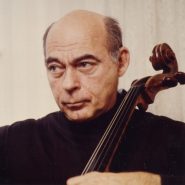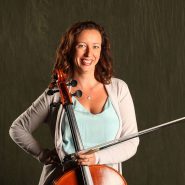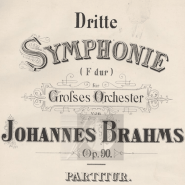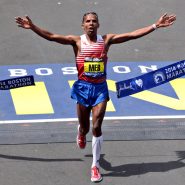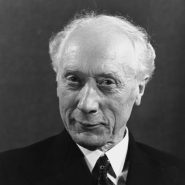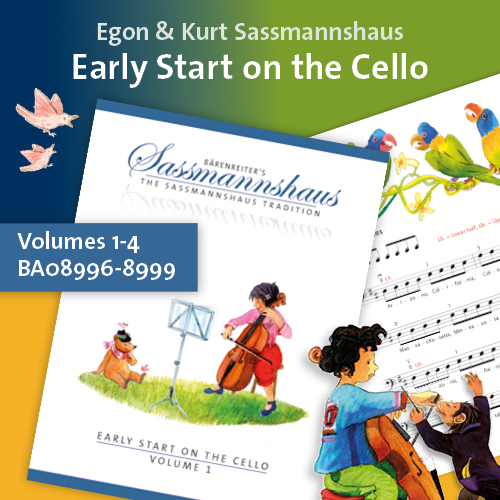Tag: cellobello

By Paul Katz April 26, 2015

By Jeffrey Zeigler April 25, 2015


By Robert Battey April 24, 2015


By Brant Taylor April 22, 2015

By Uri Vardi March 24, 2015
Subjects Playing Healthy, Technique
By Blogmaster March 19, 2015
By Martha Baldwin March 9, 2015
By Brant Taylor March 4, 2015
Subjects Auditions, Orchestra, Repertoire
By Jonathan Thomson February 25, 2015
Subjects Playing Healthy, Practicing
By Selma Gokcen February 5, 2015
Subjects Playing Healthy
By Jonathan Thomson February 1, 2015
Subjects Practicing
Tags cellobello, CelloBlog, Jonathan Thomson, Marathon, training
